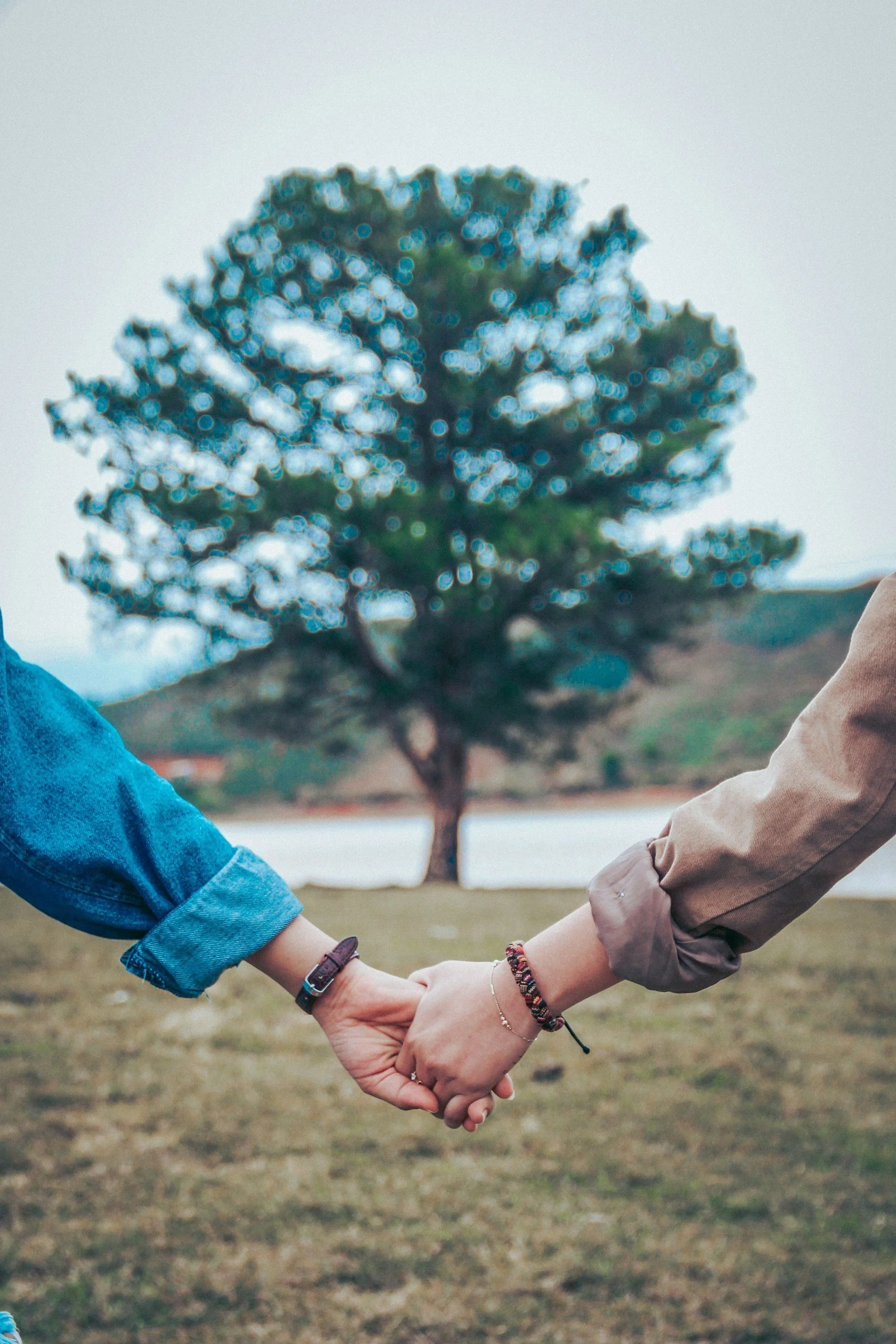How Childhood Trauma Shapes Attachment Styles in Adult Relationships
You’re capable, reliable, thoughtful. You hold things together - for your family, your partner, your work. On the surface, you seem to “cope well.” But when it comes to closeness in relationships, especially romantic ones, something feels off.
Maybe you:
Struggle to trust others fully
Feel anxious when someone pulls away
Avoid conflict but carry silent resentment
Overgive and feel unappreciated
Get overwhelmed by emotional intimacy—or crave it desperately
If any of this sounds familiar, it’s not because you're “too much” or “too sensitive.” It may be the impact of childhood trauma shaping your attachment style—something many high-functioning, people-pleasing men and women silently carry.
What Is Attachment—and Why Does It Matter?
Attachment refers to the way we connect with others, especially in close relationships. It begins in childhood, shaped by how our emotional needs were met (or not met) by caregivers. This early blueprint becomes the lens through which we experience intimacy, safety, trust, and love in adulthood.
When your childhood included trauma—whether obvious (abuse, neglect) or more hidden (emotional silencing, perfectionism, unpredictability)—your nervous system adapted. You learned how to survive by reading moods, suppressing your needs, and staying hyper-aware of others.
Those same patterns often show up in adult relationships.
Common Attachment Styles and Childhood Trauma
There are four main attachment styles:
Secure Attachment
Formed when caregivers were consistent, warm, and emotionally available. As adults, secure individuals can trust, connect, and set boundaries with ease.Anxious Attachment
Often develops when care was inconsistent—love felt conditional. As adults, you may fear abandonment, overthink, or feel “too needy.”Avoidant Attachment
Linked to emotionally distant or overly critical caregivers. You may struggle to rely on others, minimise feelings, or value independence over connection.Fearful-Avoidant (Disorganised) Attachment
Often tied to trauma or chaos. You may crave closeness but fear it at the same time, leading to push-pull dynamics in relationships.
None of these are labels—they're survival strategies. And they’re all changeable with awareness, support, and consistent healing.
The Cultural Layer: South Asian Silence and Survival
For many South Asian women, childhood didn’t allow space for emotional expression. Love may have been expressed through food, achievement, or sacrifice—but not always through emotional attunement.
You may have been taught:
Not to talk back
To prioritise family reputation
To sacrifice for others, even at your own cost
That feelings are “too much” or “not necessary”
This creates a double bind: You long for closeness but fear being a burden. You want emotional connection but feel guilty when you need support. This emotional patterning runs deep—and often goes unnamed for years.
How Therapy Can Help Rewire Attachment Patterns
Healing attachment wounds isn’t about blaming your past—it’s about understanding it, so you can move forward differently.
In therapy, we work with:
Nervous system regulation (so connection feels safer)
Naming and processing childhood trauma (even the subtle kinds)
Building emotional safety in the present
Practising boundaries, communication, and relational repair
Reclaiming your needs without shame
You don’t have to keep repeating the same relationship cycles. Change is possible. It begins with understanding, not self-judgment.
Ready to Build Healthier Relationships?
If you're tired of feeling anxious, disconnected, or overly responsible in relationships—and ready to break free from old patterns—therapy can help.
As a culturally sensitive therapist working with South Asian women across the UK, I specialise in helping high-functioning, people-pleasing women heal attachment wounds and build relationships rooted in trust, clarity, and truth.
Schedule a free consultation today to explore how therapy can support you or someone you love.
About the Author
Raisa Luther is a UK-based therapist supporting South Asian women to heal childhood trauma, break free from people-pleasing, and build emotionally healthy relationships with themselves and others.


